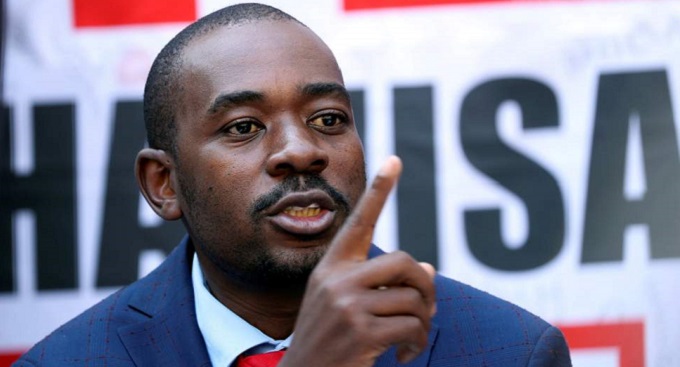Health budget fails to meet Abuja Declaration standard

Thandeka Moyo, Health Reporter
ZIMBABWE has once again failed to meet the 15 percent health budget allocation stipulated by the Abuja Declaration of 2001 obligating signatories to guarantee quality health services in their national budgets.
Finance and Economic Development Minister Professor Mthuli Ncube recently allocated US$694.5 million to the Ministry of Health and Child Care which will be largely used on employment costs which is about nine percent of the $8,2 billion budget.
Last year the same ministry received US$400 million representing 7.7 percent of the total US$5.1 billion budget.
In a statement yesterday, Community Working Group on Health director Mr Itai Rusike said despite the increase in the amount allocated, the allocation remains grossly inadequate to fund critical needs in the health sector.
“In nominal terms the health budget appropriation has remained largely stagnant at about 9 percent of the total budget expenditure, less than 15 percent of the Abuja target,” said Mr Rusike.
“Moreover, the bulk of the resources will be channelled towards financing employment costs leaving very little for capital expenditure, despite strong expressions of the social priority placed on adequate standards of health and health care.”
According to the organisation which represents various health non-governmental organisations, the Ministry needs to manage the funds closely to ensure people have access to quality health.
“Given the inadequate resource allocation to the health sector, we hope that the Ministry will manage the funds as efficiently and effectively as possible in order to maintain good health standards,” Mr Rusike added.
“The budget did not look into the cost of health services sufficiently with the massive increase in essential drug costs, drop in drug purchase by the general public and fall in use of essential health services due to cost barriers.”
Presenting the budget last week, Prof Ncube said focus would also be on ensuring that the referral system is re-established in order to reduce bottlenecks being experienced at tertiary and central hospitals.
“Support to the health sector will be complemented by the other interventions Government is making in roads, water and sanitation provision and food security, among others, which have a bearing on the health status of citizens. In general, Government is desirous to see the development of a medical tourism industry in the country,” he said.
—@thamamoe











Comments